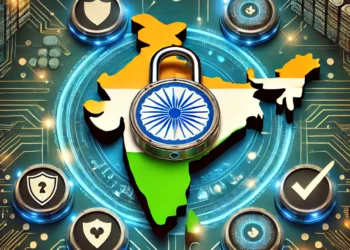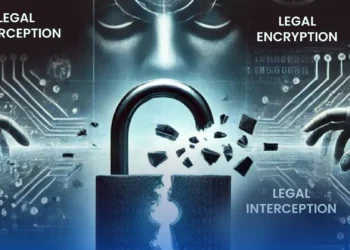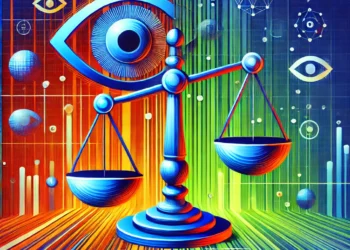On 24th Aug 2017, the Supreme Court of India delivered a historic judgment by proclaiming that the right to privacy is protected as an intrinsic part of the right to life and personal liberty under Article 21 and as a part of the freedoms guaranteed by Part III of the Constitution. This is significant, as it is likely to have far reaching impact on the major cases before the supreme court, like validity of Aadhar act, and the recently announced decriminalization of gay sex etc (Article 377). The purpose of this note is evaluate the significance of the current judgment on privacy (Puttaswamy Case) by evaluating the key past cases.
Aadhar Case
Background
The essence of this case was the claim by the petitioners before a 3 judge bench that the compilation of demographic biometric data by the government violates the right to privacy of the citizens. The respondent (Union of India) led by the Attorney General urged that the existence of a fundamental right of privacy is in doubt in view of the two earlier decisions of the Supreme Court: 1) M P Sharma vs Satish Chandra rendered by bench of 8 judges; 2) Kharak Singh vs State of UP rendered by a bench of 6 judges. Attorney General claimed that each of these decisions contained observations that the Indian Constitution does not specifically protect the right to privacy. In response the petitioners argued that both the above cases were based on the principles expounded in A K Gopalan vs State of Madras, and the same was held not to be good law by an 11 judge bench in Rustom Cavasji Cooper vs Union of India. The petitioners also argued that the 7 judge bench in Maneka Gandhi vs Union of India approved the minority judgement of Justice Subba Rao in Kharak Singh by overruling the majority decision.






